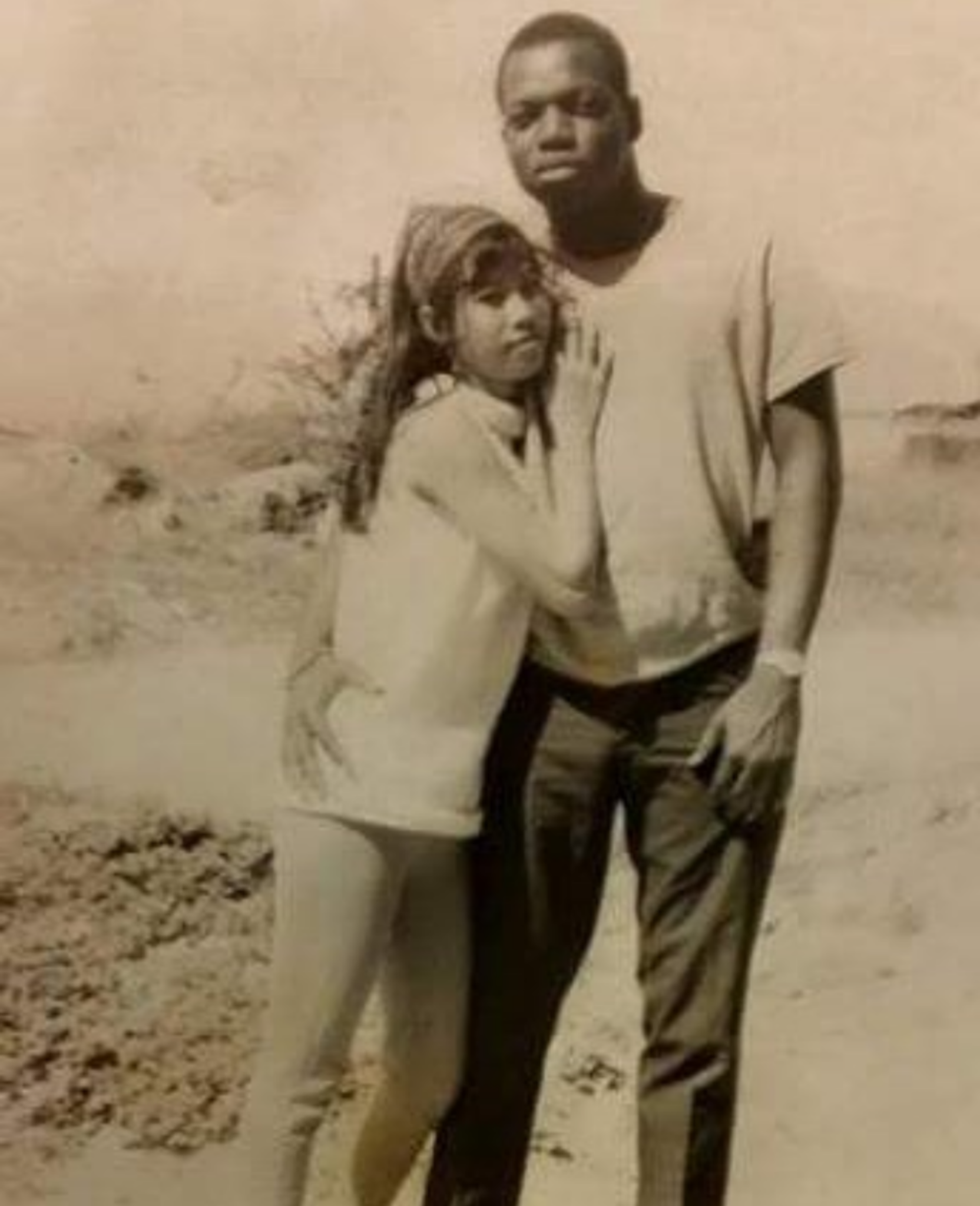Spike Lee’s stories have dominated for decades from Do the Right Thing, to Malcolm X, and Black KKKlansman. His latest story about a band of blood brothers, Da 5 Bloods, reminds us of his exquisite ability to weave multiple characters’ past into an intricate story. The film, whose main subjects are so uniquely different from one another due to their past, current stature and to even the reasons why they all each seek prized gold, will mark a defining era on how racial divides have not changed decades later.
Paul (Delroy Lindo), Otis (Clarke Peters), Eddie (Norm Lewis), Melvin (Isiah Whitlock Jr.) with a haunting and riveting performance from Norman (Chadwick Boseman) exceeded expectations on a story about how past and futures are intertwined. With promises of gold – each ‘blood brother’ has different dreams about what the money ‘owed’ to them will do to change their life. Their motivations for returning to Vietnam for the gold range widely. From trying to give back to the cause, to more personal motives such as paying off a debt or honoring a friend.
This story brings to life a story too true to my family and for others who had family members serving in Vietnam. Like many modern families, mine is blended. By the time I immigrated here from Vietnam in 1991, my family was already mixed. I grew up on the stories of my Uncle, Banks Terry Johnson who talked about his ‘blood brothers’ during his service in the Vietnam War. As an Airforce serviceman who enlisted and became a Sergeant, I listened to his hardships on how, as a black soldier, he was treated differently. As we watched ‘Da 5 Bloods’, we realized that although many things have changed during the war, unfortunately, so many things have not.
As the movie fades in an out of new age cinematography blended with old documentary footage, it brings multiple series of commentary from the past. Famously known as ‘Hanoi Hannah’ of ‘Radio Hanoi’, the radio DJ revisits and brings forth a crucial pivot during the Vietnam War; the Assassination of Dr. Martin Luther King Jr. This, at the hearts of many black soldiers, caused a questioned their beliefs in the US government as well as their service in the military. Can they still believe in the system that sent them to Vietnam?
Hanoi Hannah echoes: ‘Black GI, in Memphis, Tennessee, a white man assassinated Dr. Martin Luther King, who heroically opposed the cruel racial discrimination in the USA. Dr. King also opposed the U.S. war in Vietnam. ‘Black GI, your government sent 600,000 troops to stamp the rebellion. Your soul sisters and soul brothers are enraged in over 122 cities. They kill them. Why you fight against us, so far away from where you are needed?’
To my uncle, Hanoi Hannah was just good entertainment. He mentions how, “truthfully, Black GI’s were discriminated against by white NCO’s and Officers. As you know, many black GI’s did not volunteer to go to Vietnam, they were drafted after high school. We were so young, like just between the ages of 18 and 20 years old. Personally, I almost had to lock and load on one of my fellow white airmen because he called me the ‘N word’. Then the white GI’s called the Vietnamese people “GOOKS”, I did not know the meaning of this word until a papasan told me it was like the ‘N word’ but for the Vietnamese. After the war, I never used the word “GOOKS” again. I didn’t want to demonize the other side anymore, like how ignorant white people use the ‘N word’ now”.
Like my uncle’s children, Otis also has a child born from the war as portrayed in Lee’s movie. Like Michon and my own cousins, bi-racial children, as many know, have faced many ostracized remarks and even aggressive attacks during this era and even today. The ‘Miss Saigon’ musical that although has been revered internationally, does a subpar interpretation of the racial make-up of the Vietnam War but promoted the term, ‘Bui-Doi’ in a song. In its English translation, ‘the dust of life’ brings a name to children born from American GIs and Vietnamese women. The song goes on to say that these children ‘conceived in hell, and born in strife’ represent ‘the living reminder of all the good we failed to do’.
“The kids that were born to a GI and Vietnamese woman were also called “My-Lai”. I knew these kids had a hard time growing up in Vietnam. My own had a hard time when I brought them to America to the “Jim Crow” south. Many former GI’s went back to Vietnam, “not for gold” like the move, but to look for the kids they left behind. I knew some of them, it was hard to hear.” said Johnson.
As the characters encounter an antagonist in a Frenchman named DesRoche, the story chronicles ‘sides’ of the war in a creative way of a shoot-out to determine to whom the gold really belongs to. Historically, gold like that meant a CIA cache intended for bribing Vietnamese rebels to shift the tides of war. Lee is able to capture the tenacity of how much and why all sides want retribution decades later. The scene begs the question of, who deserves more of Uncle Sam’s money? Is it the man who represents French colonialism, the two different Vietnam factions (Vinh who helps and calls ‘Da 5 Bloods’ his brothers or Quan who sides with DesRoche), or the black soldiers who fought perilously?
The latter two can easily present a case of divisiveness between the Asian and black community from since the Vietnam War – as both have been on the receiving end of racism currently. Yet, they seek the same nod that their voices be heard. Only together, can that happen.
For my uncle, he is proud military serviceman but he knows how war has devasted others servicemembers on both a cultural and historical level back on US soil. He knows that better resources could have been given to his ‘brothers’ during international wartime, and as an American, to his people back at home.
We dedicate this to the soul brothers of the 1st Infantry Division, and for all black soldiers whose stories are not shared as much as their white military brothers in the Hollywood screen. Brother and brother, sister and sister — anguish and pain for what is owed through people of color who died and fought during wars who became just history lessons for the rest of us. We remember, that of past, present and future; Black Lives Matter.


